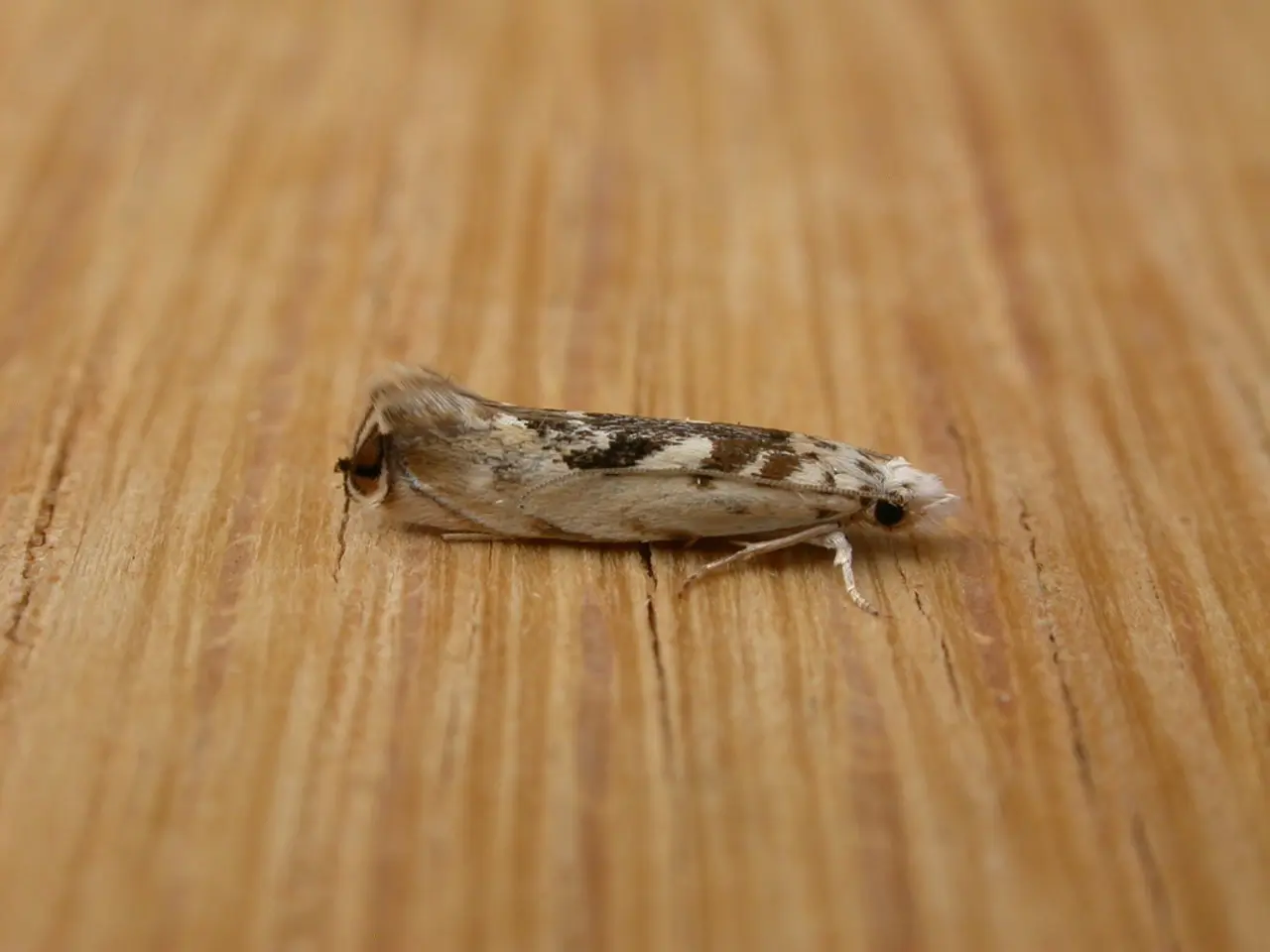Rise of Chikungunya infections observed in Bavaria
In a recent announcement, Bavaria's Health and Prevention Minister, Judith Gerlach (CSU), revealed an increase in Chikungunya virus cases in the region. As of Sunday, the Bavarian State Office for Health and Food Safety has reported 24 cases of the tropical infectious disease.
All these new cases were contracted abroad, with the virus not being indigenous to Germany. The rise in cases this year compared to last is significant, with 24 cases reported this year versus only 5 in the same period last year.
The recent increase in Chikungunya virus infections in Munich, Bavaria, is linked to local transmission of the virus in nearby European regions and outbreaks in neighboring countries like France and China. The CDC has also issued travel alerts due to outbreaks in places like China, increasing the risk of imported cases through travel.
Specifically for Munich and Bavaria, the pattern of growing local transmission in western Europe combined with increased travel-related cases likely explains the rise in infections. The presence of competent mosquito vectors (Aedes species) in the region and favorable conditions for them can facilitate local transmission wherever imported cases occur.
However, no information is currently available about the current condition or treatment of those infected with the Chikungunya virus in Bavaria. The Bavarian State Office for Health and Food Safety is the reporting body for the Chikungunya virus cases in Bavaria.
It's important to note that there are no reports of sustained human-to-human transmission confirmed yet, but the detection of genetic virus clusters implies increasing local spread.
[1] [Source] [2] [Source]
- The increase in Chikungunya virus cases in Bavaria, despite it not being indigenous to Germany, is linked to local transmission of the virus in nearby European regions and outbreaks in neighboring countries, as well as an increase in travel-related cases.
- The Bavarian State Office for Health and Food Safety, the reporting body for Chikungunya virus cases in Bavaria, has not released any information about the current condition or treatment of those infected with the virus.




